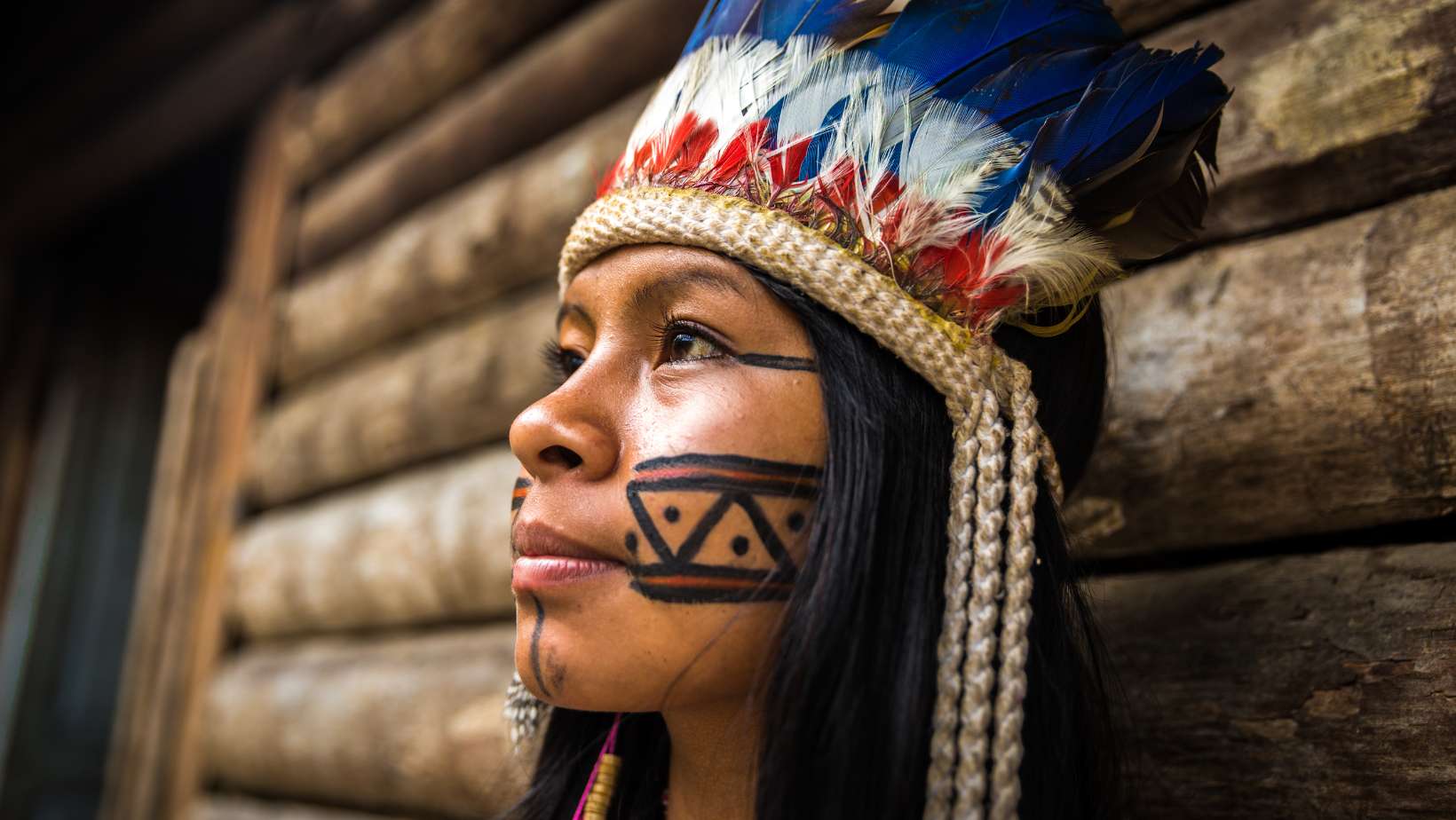On August 9, 2024, we celebrate the International Day of the World’s Indigenous People, a global observance that honors the rich cultural heritage, unique traditions, and ongoing struggles of indigenous communities worldwide. This day serves as a reminder of the vital contributions of indigenous peoples to our global diversity and the challenges they continue to face in preserving their way of life.
The Origins and Significance of the Day
The International Day of the World’s Indigenous People has a meaningful history:
Establishment
The day was first celebrated in August 1995, following a resolution passed by the UN General Assembly on December 23, 1994. The date, August 9, was chosen to commemorate the first meeting of the UN Working Group on Indigenous Populations in 1982.
Global Recognition
This day marks a significant step in recognizing the rights, cultures, and contributions of indigenous peoples worldwide, estimated to number between 370 to 500 million across 90 countries.
The Importance of Indigenous Peoples
Indigenous communities play a crucial role in our world:
Cultural Diversity
With approximately 4,000 languages and unique customs, indigenous peoples contribute significantly to the world’s cultural tapestry.
Environmental Stewardship
Indigenous territories are home to about 80% of the world’s biodiversity, highlighting their crucial role in environmental conservation.
Traditional Knowledge
Indigenous peoples possess invaluable knowledge of sustainable living practices, passed down through generations.
Challenges Faced by Indigenous Communities
Despite their contributions, indigenous peoples face numerous challenges:
Poverty and Marginalization
While comprising only 5% of the global population, indigenous peoples account for 15% of the world’s poorest.
Land Rights
Many indigenous communities struggle to maintain control over their ancestral lands in the face of development projects and resource exploitation.
Cultural Preservation
The loss of indigenous languages and traditions remains a significant concern, with many at risk of extinction.
Observing the International Day of the World’s Indigenous People
There are many ways to participate in this important observance:
Education and Awareness
Take time to learn about indigenous cultures, their histories, and the challenges they face. Share this knowledge with others to raise awareness.
Language Preservation
Consider learning about or even studying an indigenous language. The UN has declared 2022-2032 the Decade of Indigenous Languages to highlight the importance of linguistic diversity.
Advocacy and Support
Stand up for indigenous rights by supporting organizations that work with indigenous communities or by advocating for policies that protect their interests.
Looking to the Future
As we observe this day in 2024, it’s crucial to consider the ongoing efforts to support indigenous peoples:
Sustainable Development
Incorporating indigenous knowledge into global efforts to combat climate change and promote sustainable development.
Cultural Revitalization
Supporting initiatives that help indigenous communities preserve and revitalize their languages, traditions, and cultural practices.
Inclusive Policymaking
Ensuring indigenous voices are heard and respected in decision-making processes that affect their lives and territories.
Conclusion
The International Day of the World’s Indigenous People on August 9, 2024, offers a vital opportunity to celebrate the richness of indigenous cultures while also addressing the challenges they face. It’s a day to reflect on our shared humanity and the importance of preserving diverse ways of life and knowledge systems.
As we mark this day, let’s commit to creating a world where indigenous peoples can thrive, maintaining their unique identities while fully participating in the global community. By valuing and protecting indigenous rights and cultures, we enrich our collective human experience and work towards a more inclusive and sustainable future for all.
